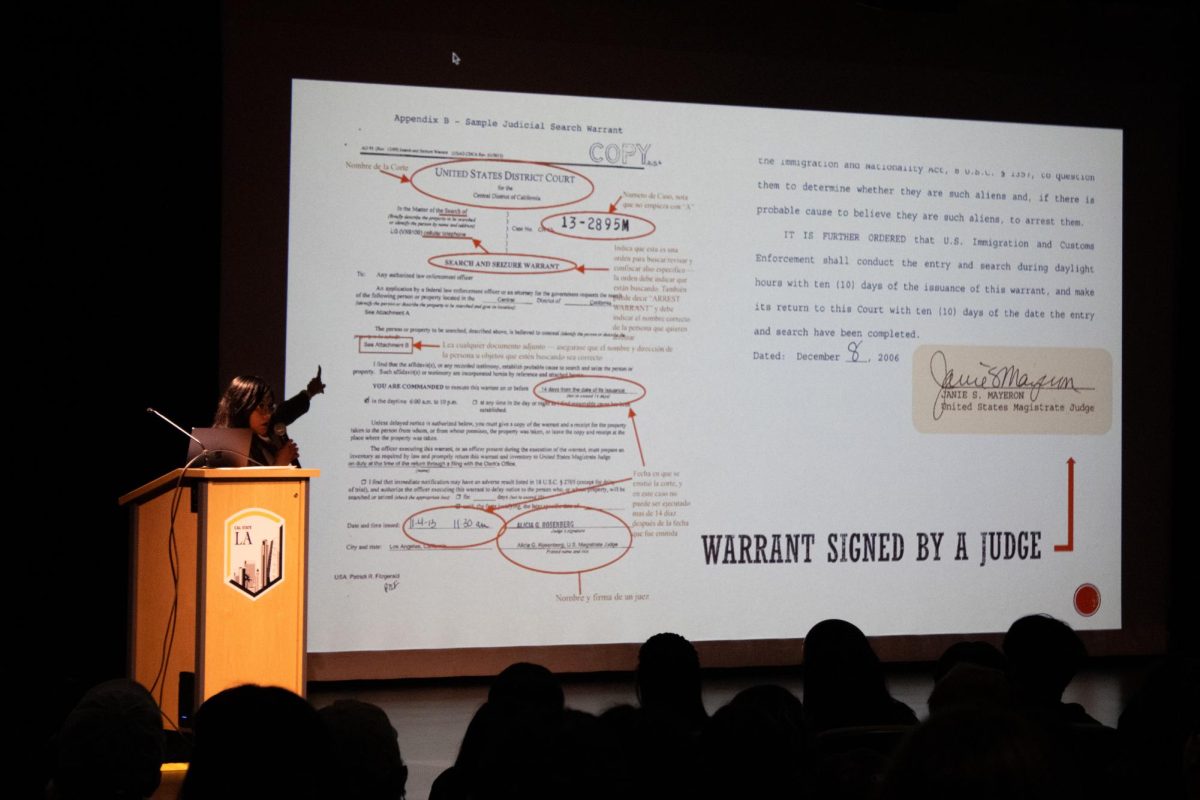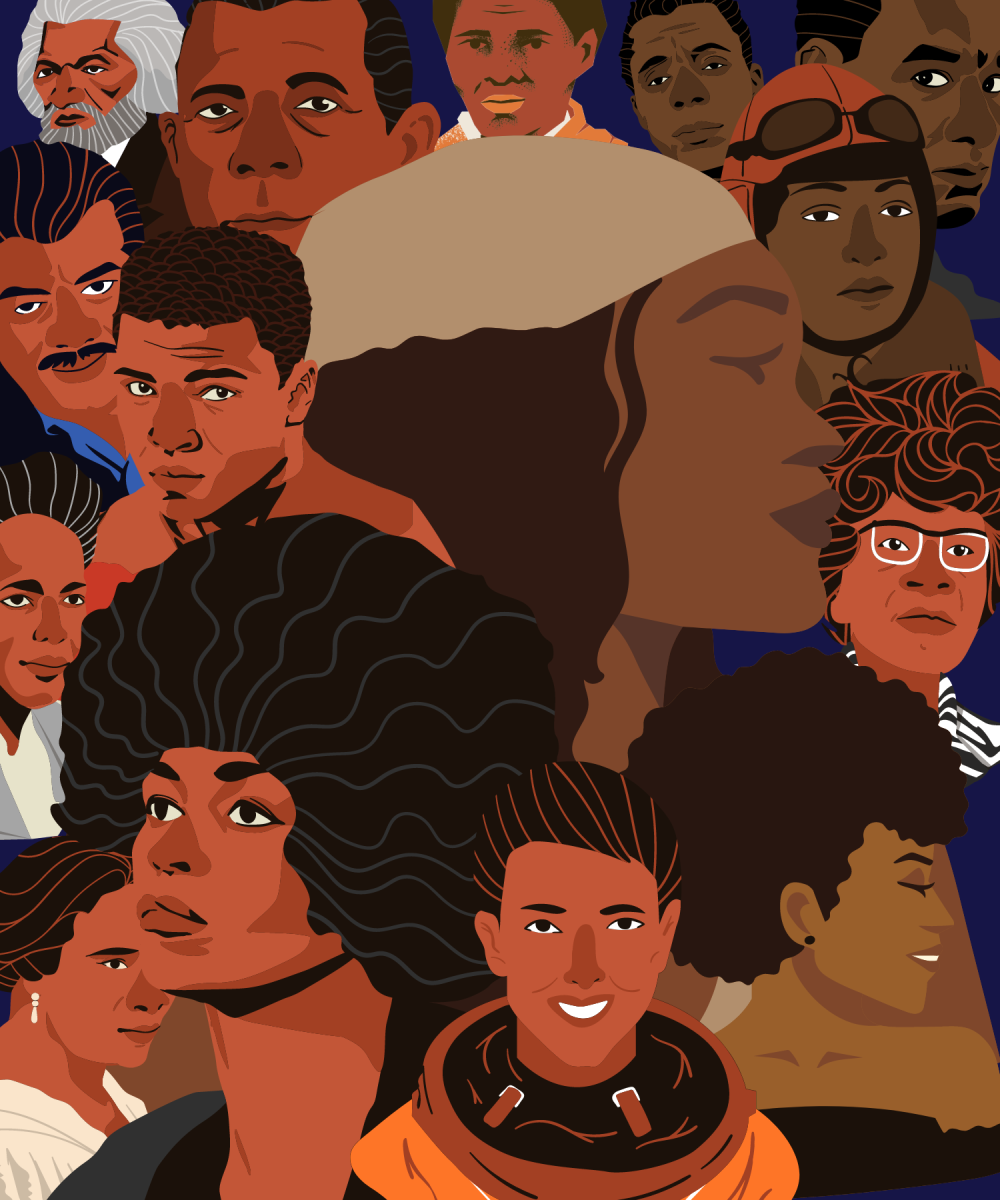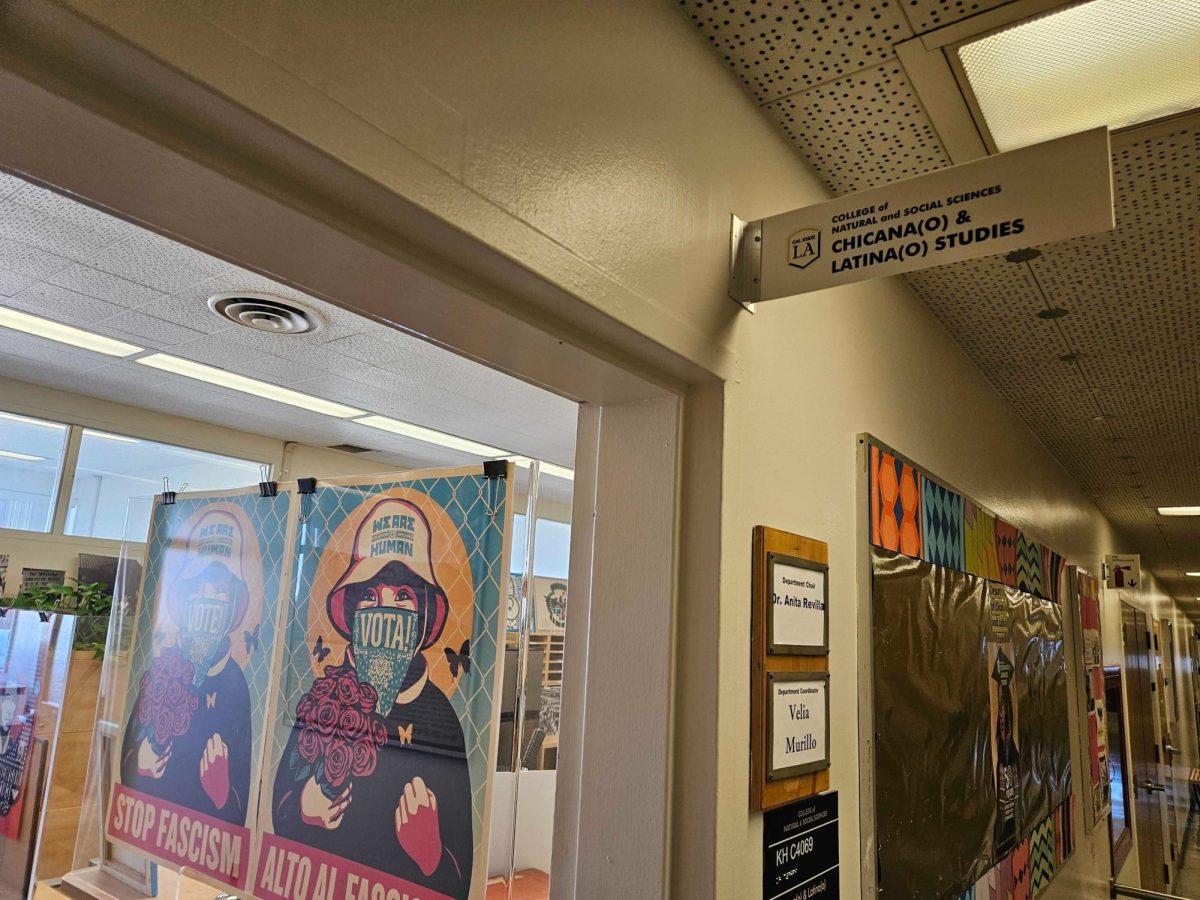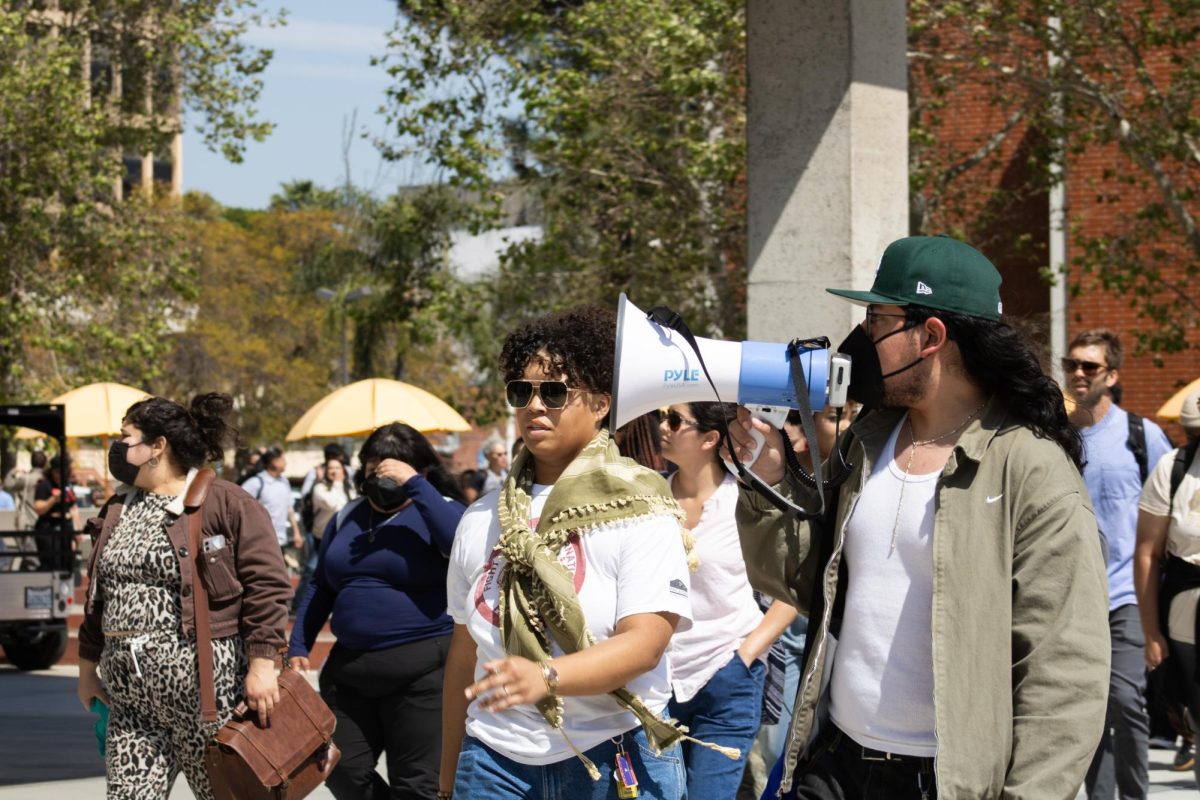
There may just be a way to create more diversity in universities and in the workforce.
That’s what supporters of Prop. 16 say about the impact it could have.
November is fast approaching, and the measure is one of a slate on the ballot. Prop. 16, known as the Affirmative Action Amendment, would allow schools and public agencies to consider someone’s race, gender or ethnicity when deciding who to admit or hire or what to spend money on.
The measure would repeal Prop. 209, which was passed in 1996 and prohibits the state from considering race, gender, ethnicity, or place of national origin when it comes to those types of decisions.
Prop. 16, which was passed by California lawmakers in early 2020, would have no bearing on taxpayers, but would affect areas of employment, contracting, and public education, according to Ballotpedia.org.
The measure would reinstate affirmative action and expand educational and employment opportunities to minority communities, according to the ”Yes on 16” group, created by a coalition of labor, business, student, civil rights and education equity organizations. The group has amassed hundreds of supporters, including activists, educators, nonprofit leaders and scores of local, state and federal politicians.
One supporter is Stewart Kwoh, the consulting director of college development for the College of Ethnic Studies at Cal State LA.
Kwoh — who is on the “Yes on 16” steering committee — had this to say about what Prop 16 will do: “I think the elimination or ban on considering race or ethnicity has meant we cannot look at disadvantaged and diverse backgrounds.” That’s because Prop. 209 effectively banned the use of race, ethnicity, gender, or place of national origin when it comes to hiring, public contracts, and education.
This statement is echoed by those who support Prop 16. They argue that allowing for affirmative action would help bring much needed diversity to state agencies and universities.
“There has never been a more critical time to reinstate affirmative action in California – as we chart a path forward to a stronger economic future for women and communities of color, and to a California where Black lives matter and our systems are just,” reads a statement on the ”Yes on 16” group’s website.
Some opponents feel ambivalent. For instance, Hung Nguyen, a recent college graduate who works in urban development, said he can see the positives but worries about other forms of discrimination that could affect the livelihood of people like himself.
“From an objective standpoint, passing Prop 16 can diversify the workforce…thus creating a more efficient economy. However, the hiring power can discriminate against and give preferential treatment to certain groups,” said Nguyen, an urban development graduate who primarily relies on nonprofits or government contracts to find work.
Another critic of Proposition 16 is first-generation Latinx college student Ivan Cobian.
Cobian said: “The fact that there could even be a proposition to repeal laws that were put in place to be non-discriminatory is appalling.”
Correction: Updated Oct. 15 with Stewart Kwoh’s new title.
The complete 2020 voter guide is available here.
Community News reporters are enrolled in JOUR 3910 – University Times. They produce stories about under-covered neighborhoods and small cities on the Eastside and South Los Angeles. Please email feedback, corrections and story tips to UTCommunityNews@gmail.com.

















